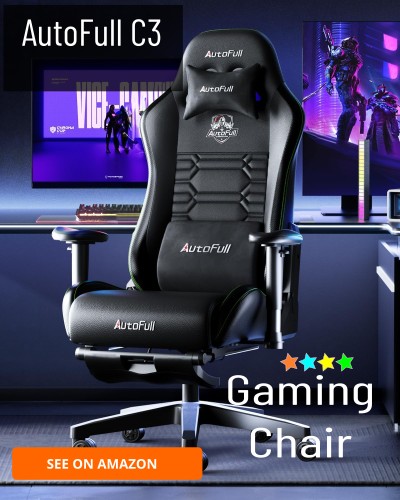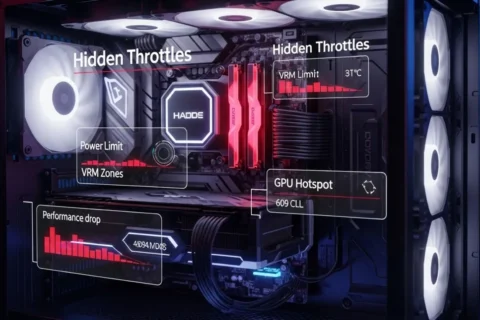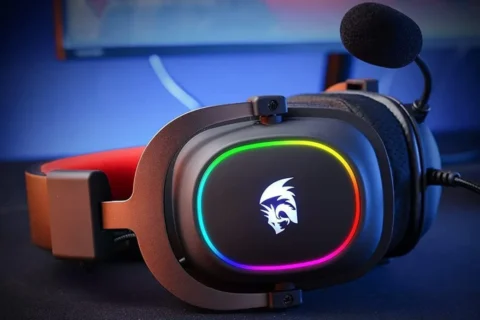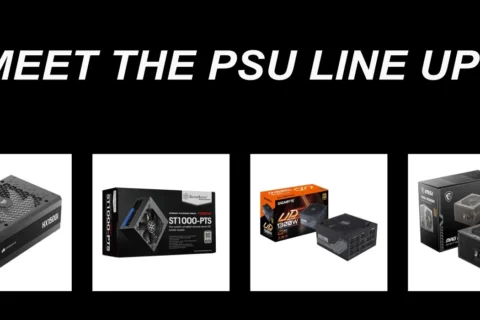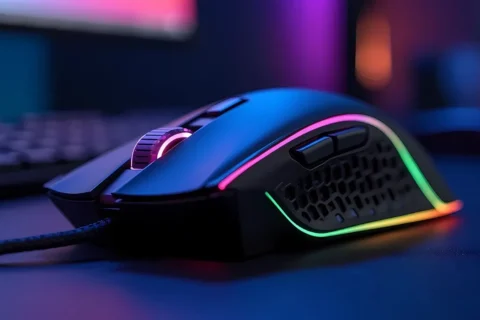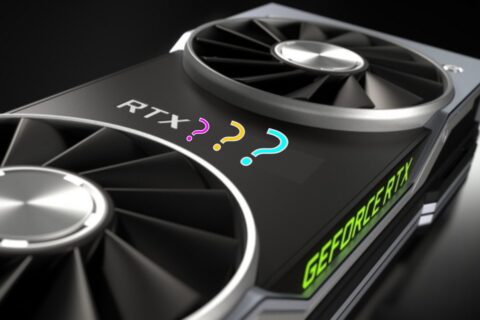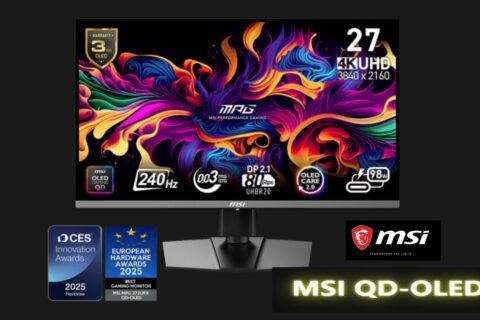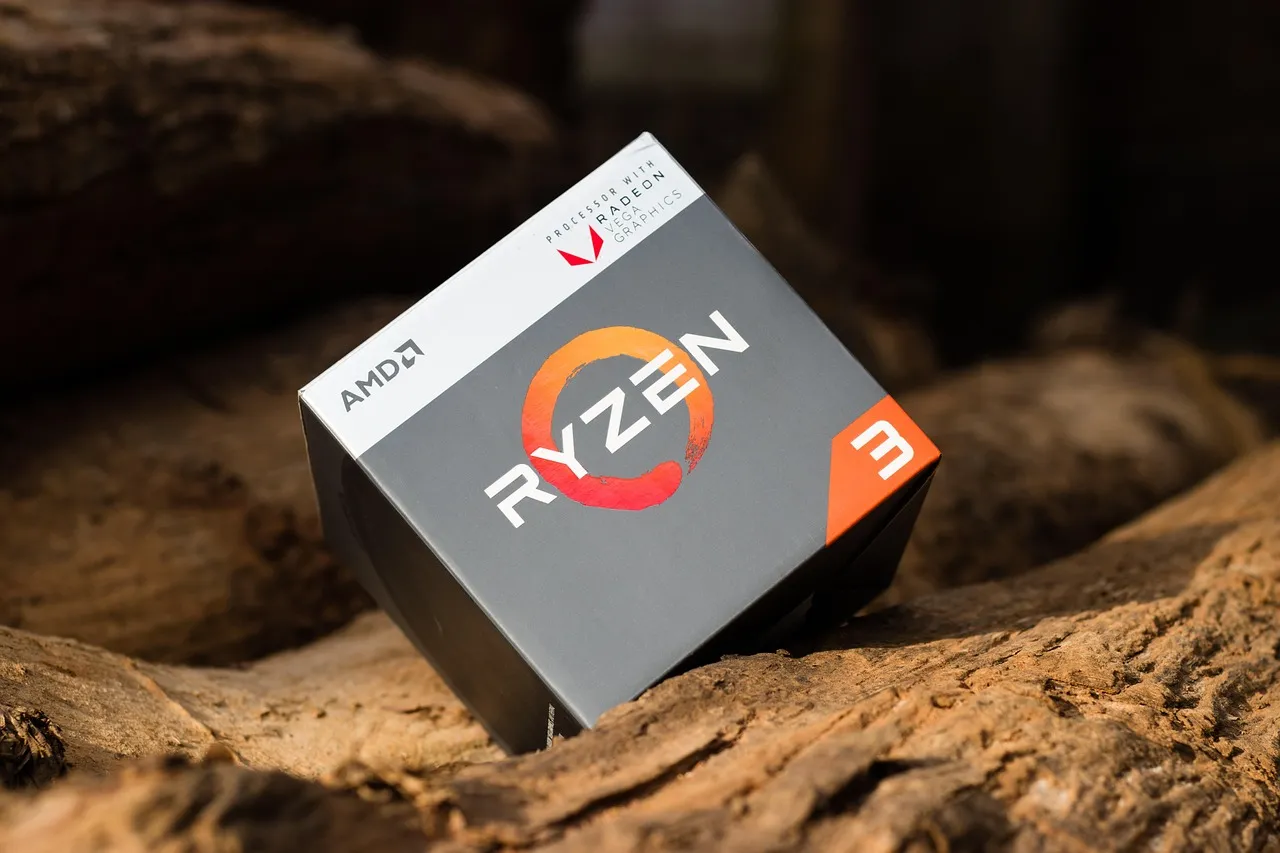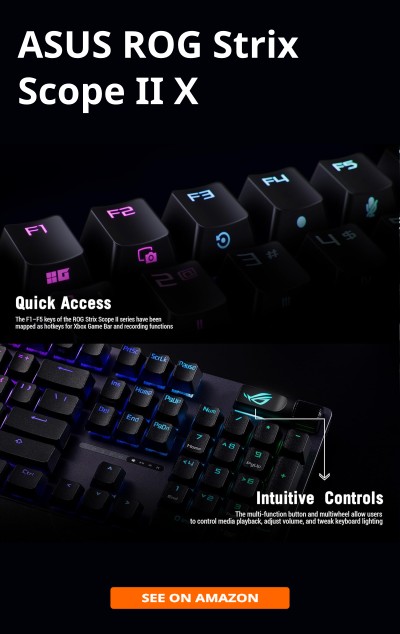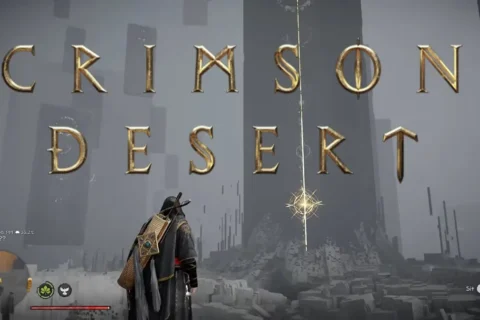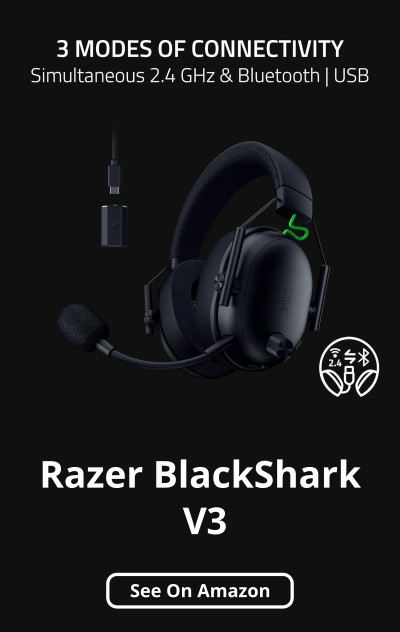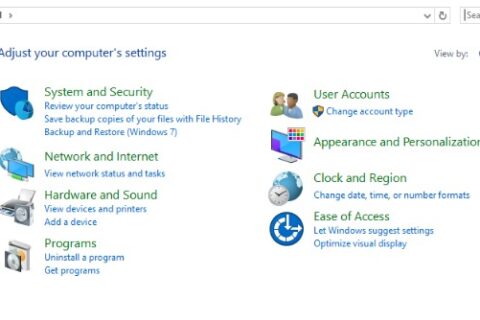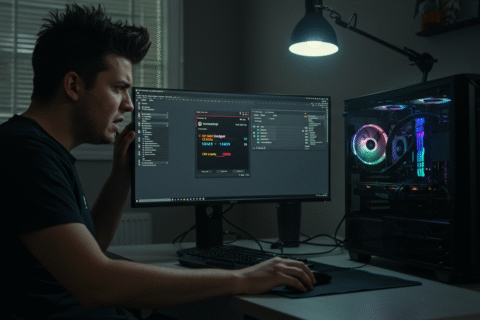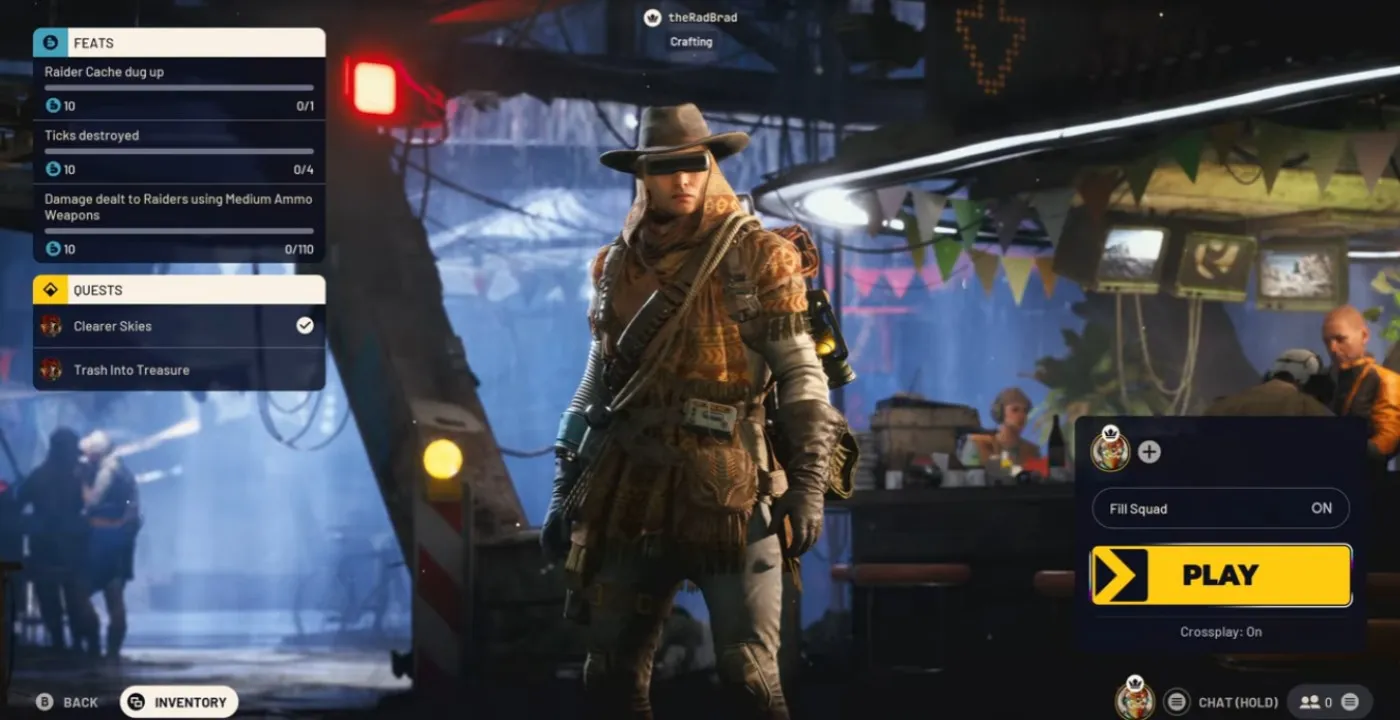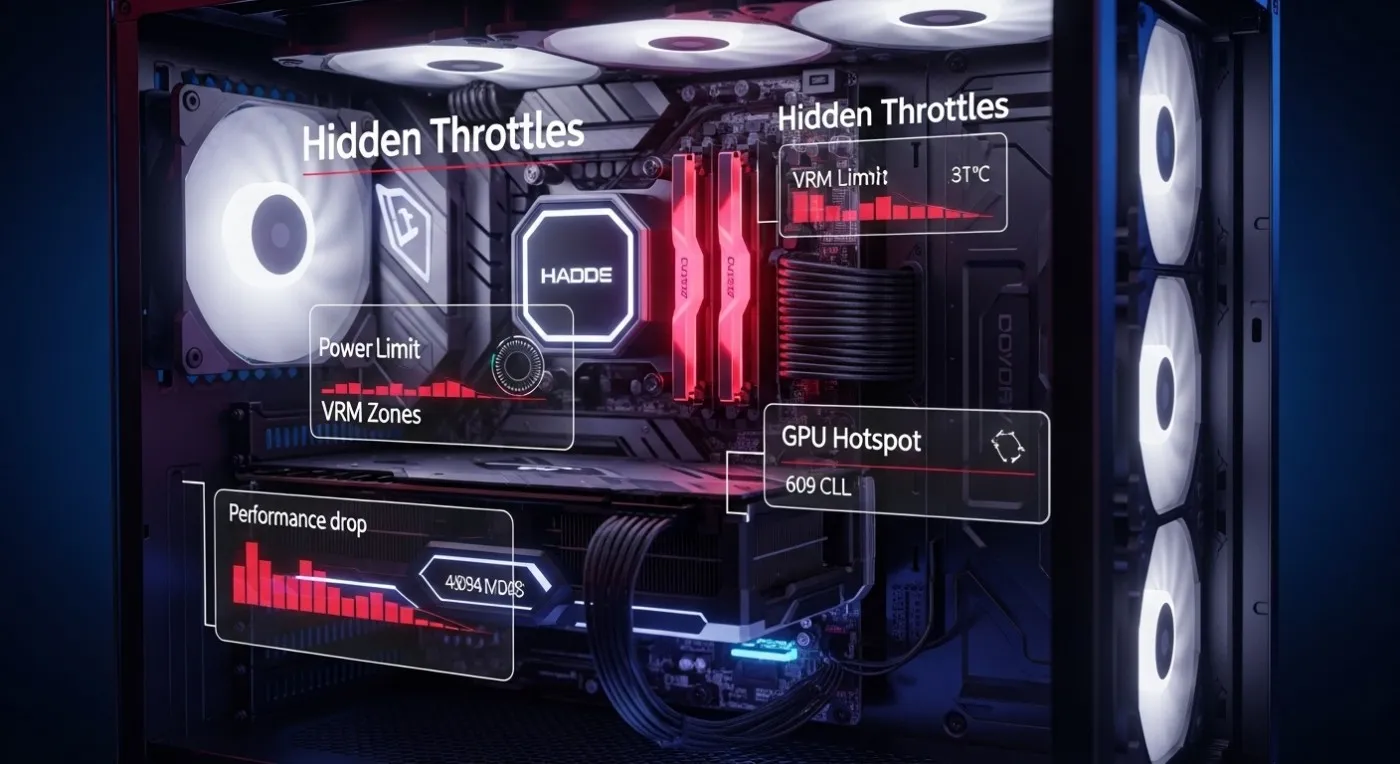Image Disclaimer For This Article
We do our best to use real, in-game or official images wherever possible, because authenticity matters. But sometimes, when no good visuals exist (or the devs are stingy with press kits), we’ll use AI-generated images to help tell the story. We’ll always try to make it clear when that’s the case.
If you’ve been wondering why PC gamers are Ditching AMD GPUs in 2025, you’re not alone. AMD’s latest Radeon RX 9000-series cards launched with fanfare and great reviews, but something’s off. Despite their performance, they’re nowhere to be found on the Steam Hardware Survey, while Nvidia’s RTX 5000-series is climbing fast. Let’s unpack what’s really going on.
Radeon RX 9070 XT: Solid Specs, But Steam Survey Says Nope
AMD launched the Radeon RX 9070 XT in early March with an MSRP of $599. Reviewers, including us, praised it for delivering high-end performance at a midrange price. The problem? That MSRP was a fantasy. Real-world prices started at $859.99. That’s not a minor markup—it’s a dealbreaker for many.
So far, the RX 9070 XT and its sibling the RX 9070 haven’t even registered on the Steam Hardware Survey. Meanwhile, the Nvidia RTX 5060 Ti, which dropped in mid-April, already accounts for 0.21% of the user base. The message from gamers is clear, and AMD probably doesn’t want to hear it. Want to know if your system can handle the next wave of PC releases? This guide breaks down future titles and their hardware demands.
Steam Hardware Survey: Why PC Gamers Are Ditching AMD GPUs Fast
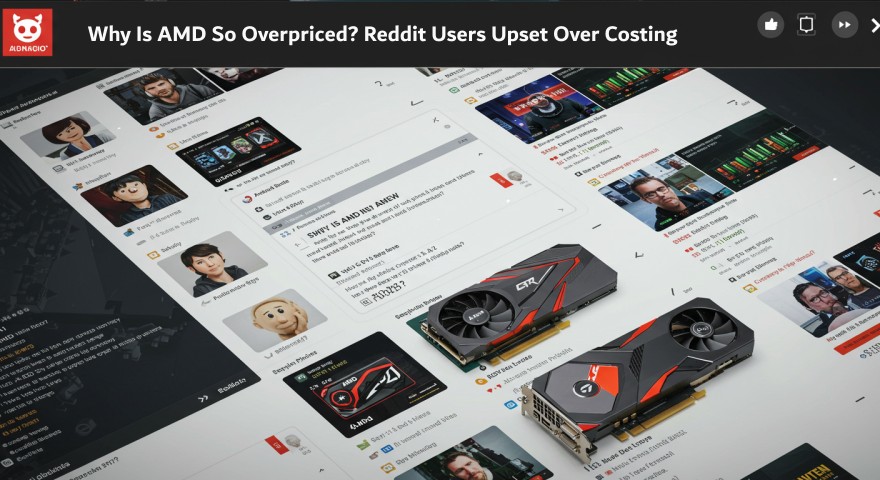
Let’s talk numbers. Steam’s May 2025 survey shows five RTX 5000-series GPUs climbing the ranks. The RTX 5070 jumped from 0.38% to 0.71% in one month. The RX 9070? Still zero. It’s not that no one bought it, there were launch day sell-outs and Reddit photo dumps, but globally, AMD GPUs just aren’t moving in high enough volumes to make the charts.
This isn’t just a Steam anomaly. The data reflects a real trend: gamers are ditching AMD GPUs because they feel misled on price, value, and ecosystem support.
Nvidia Gets the Ecosystem Right, and the Price (Mostly)
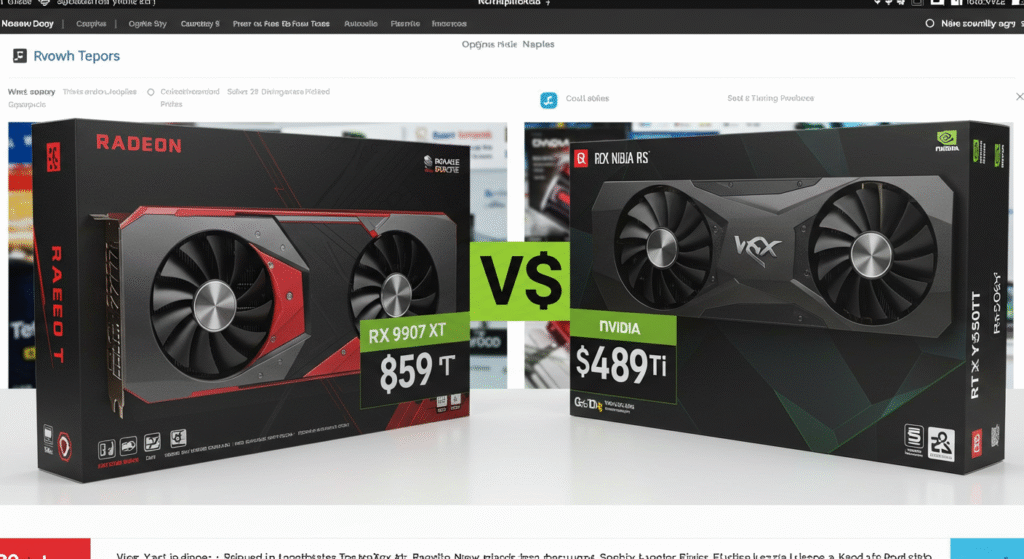
Let’s be blunt building a gaming PC isn’t cheap. So when you see AMD’s 9070 XT climbing from $599 to $859, and Nvidia’s RTX 5060 Ti rising from $429 to a still-manageable $489, the choice feels easier. Add in Nvidia’s superior DLSS support and broad developer adoption, and you’ve got a compelling package.
Gamers don’t just want raw performance, they want features that work across the board. Nvidia continues to deliver on that promise. AMD… well, not so much. And when you’re planning a budget PC build, value matters more than theoretical benchmarks.
Why Gamers Are Ditching AMD GPUs: The Trust Factor
The biggest problem isn’t just pricing, it’s trust. AMD can’t afford to repeatedly launch GPUs at competitive MSRPs only to let retailers inflate them by 40%+. That bait-and-switch vibe is killing their midrange appeal.
Stuttering performance, missed driver updates, inflated prices… these all add up. Even AMD fans are getting frustrated. And when your product doesn’t show up in the most-used gaming platform’s survey? That’s a warning sign in blinking neon.
Will the RX 9060 XT Break the Cycle?
There’s still hope. The upcoming Radeon RX 9060 XT is slated to launch at $299 for the 8GB version and $349 for 16GB. Those numbers are solid. But we’ve been here before, and the market has learned not to trust AMD’s launch pricing anymore.
If AMD can stick the landing, and the price, this GPU could be the comeback they need. But if we see another steep markup, it’ll end up just like the RX 9070 XT: praised by reviewers, ignored by gamers, and ghosted by the Steam charts.
Conclusion: AMD Has the Hardware, Now It Needs the Strategy
There’s no denying AMD builds powerful GPUs. But in 2025, performance alone doesn’t cut it. Gamers are increasingly looking at the whole package—value, features, trust. And right now, that’s why PC gamers are avoiding AMD GPUs. If AMD wants a seat at the midrange table, it needs to fix its pricing problem and rebuild its reputation before the RX 9060 XT ends up DOA too.

